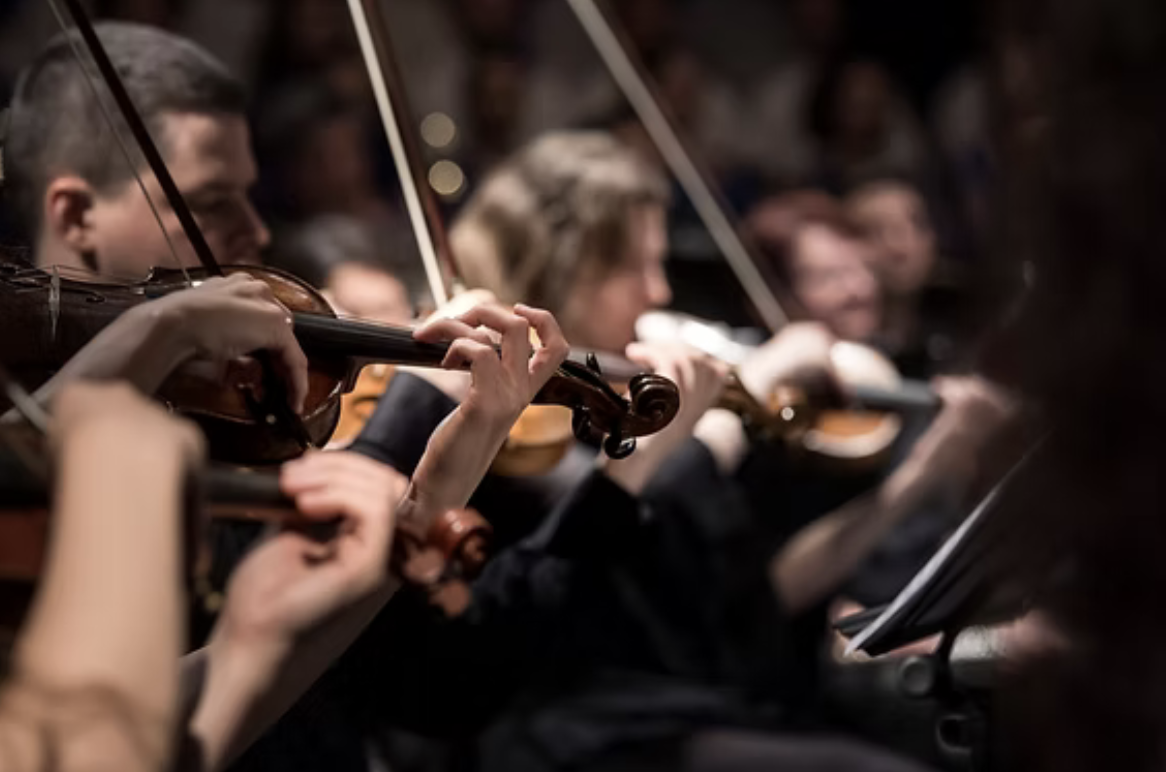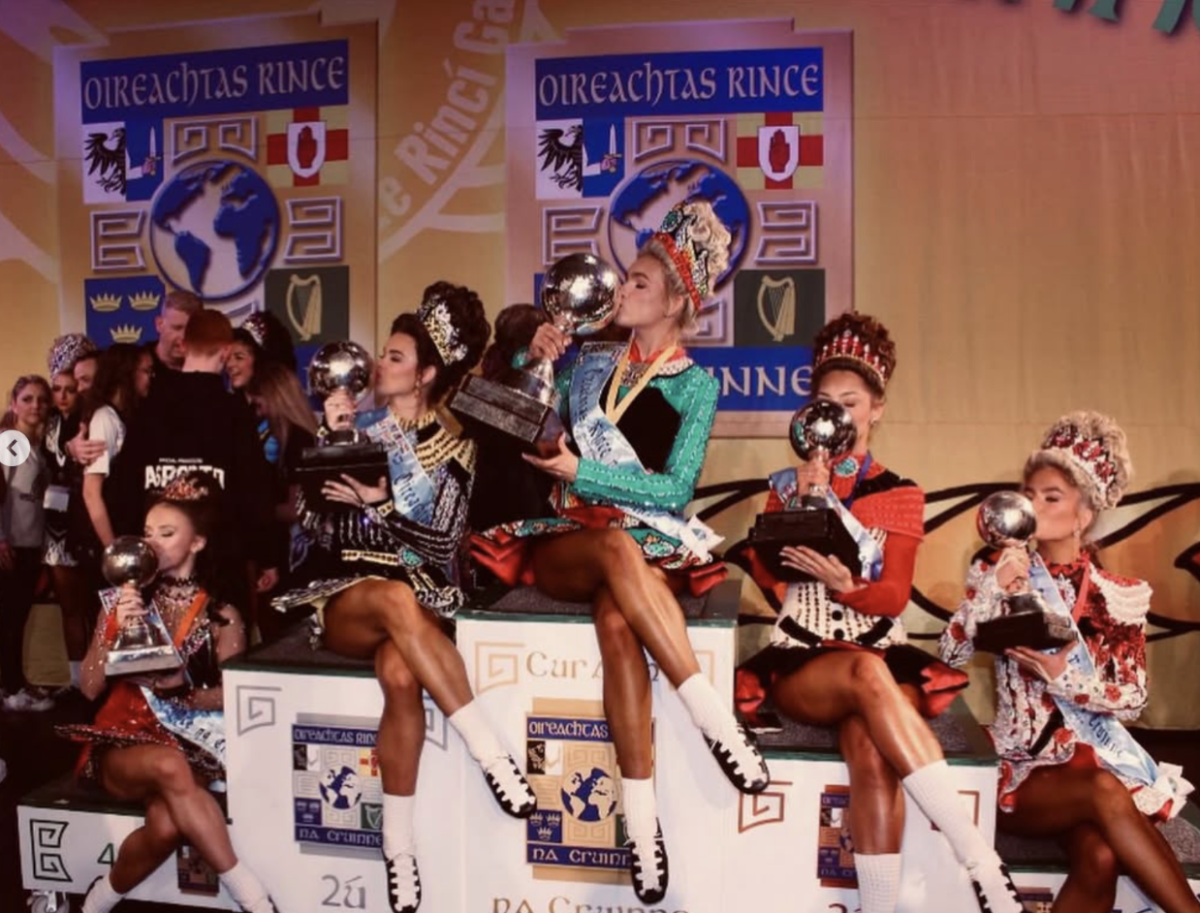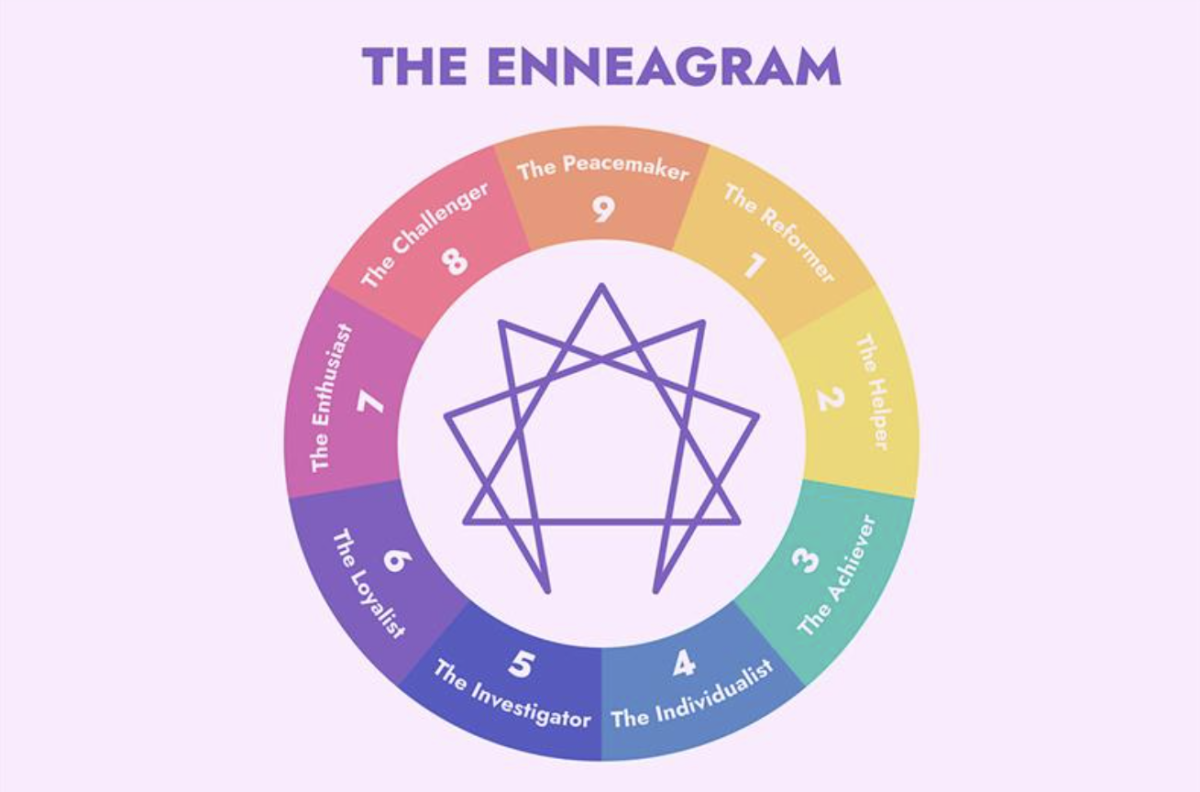Lately, my feed has been flooded with videos featuring groups of three friends, often captioned “Trios never work out, but ours do!” Each time I see one, I share it with my own trio and then dive into the comments section, where the debate rages. There are two dominant views: one camp insists that trios can absolutely thrive, while the other argues that they are doomed to fail. Proponents of trios share their own success stories, while sceptics point out that odd-numbered groups like trios and quintets often leave someone feeling excluded, leading to jealousy and loneliness.
Although I’ve typically remained a passive observer of this debate, I find it fascinating. I wonder why some trios succeed while others falter. Today, I’d like to join the discussion and share my own insights on what makes a trio work.
Throughout my life, I’ve been part of a wide range of friend groups. In elementary school, I was in everything from a duo to a quintet, and even larger groups. By secondary school, my circles included duos, quartets, and beyond.
From my experience, the number of people in a group doesn’t necessarily predict its success or longevity. For instance, an odd-numbered quintet from elementary school disintegrated when a trio emerged within it. Conversely, an odd-numbered trio from secondary school has thrived for five years, despite the challenges of distance and differing schools. This suggests that the number of friends alone doesn’t determine the fate of a group.
So, what influences a group’s success? I believe it’s not about the group dynamic as a whole but rather the quality of individual relationships within it.
Successful groups aren’t just collections of friends; they are made up of individuals who have strong one-on-one connections with each other. Reflect on past groups you’ve been in. Didn’t those that eventually fell apart often include friends you rarely interacted with outside the group? On the other hand, successful groups are those where each member maintains meaningful individual relationships with every other member.
In a well-functioning group, all members are motivated to make an effort to gather and spend time together because each person genuinely values one another. This mutual respect and effort help keep the group cohesive, regardless of its size or structure.
What’s your take? Why do you think some trios succeed whereas others don’t?












